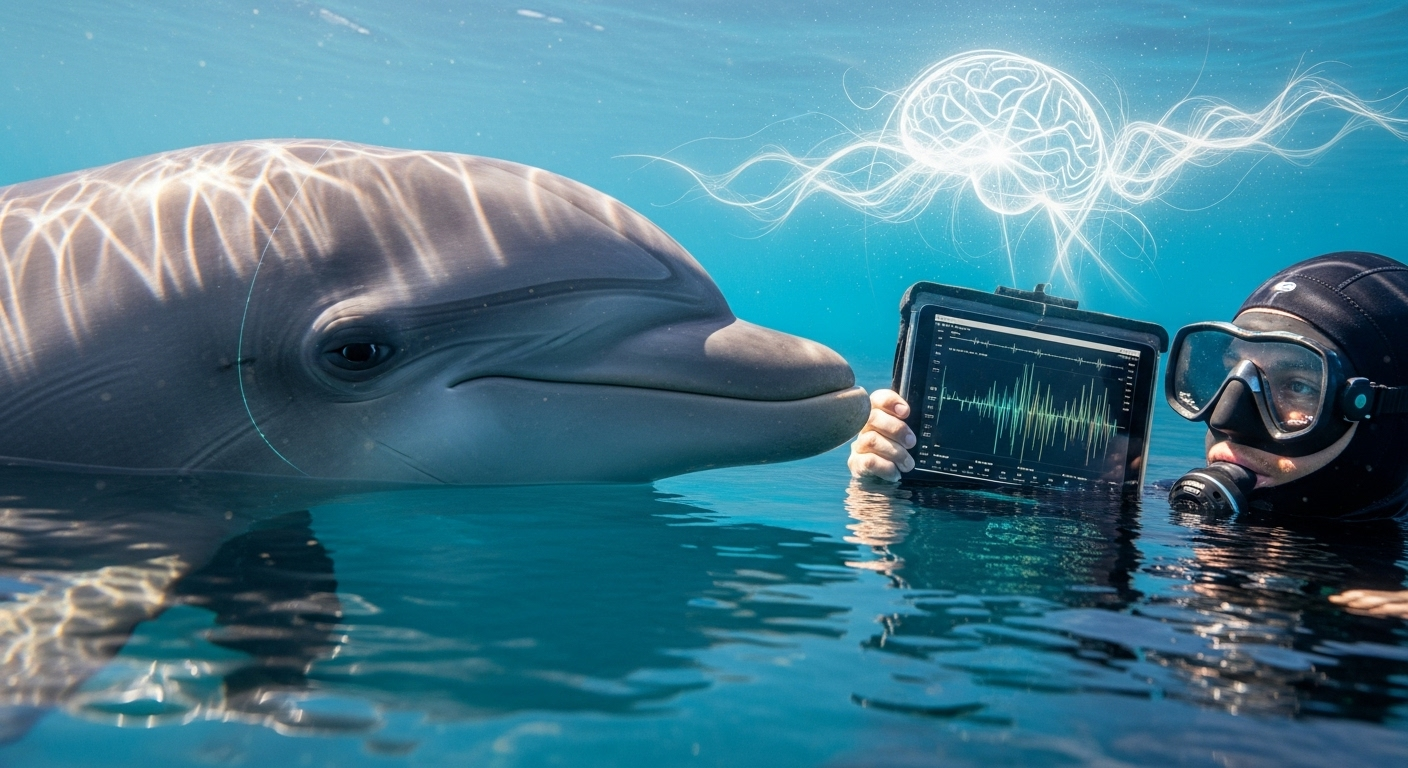Decoding the Enigma of Dolphin Intelligence: What We Know and What's Next
Dolphins have always intrigued humans with their intelligence, social behavior, and complex communication systems. This article delves into what we know about dolphin intelligence, the recent discoveries in this field, and how these insights might shape our understanding of animal intelligence and cognition in the future.

The Fascinating World of Dolphin Intelligence: A Historical Overview
The exploration of dolphin intelligence began in earnest during the 1960s, with the pioneering work of researchers like John Lilly. Early studies focused on the dolphin’s brain size relative to body weight – a ratio surpassed only by humans. Dolphins also displayed sophisticated social behavior, such as cooperation and empathy, which initially sparked interest in their cognitive abilities.
Recent Discoveries: Shining New Light on Dolphin Cognition
Recent years have seen a surge in research into dolphin cognition, leading to some fascinating discoveries. Dolphins are known to recognize themselves in mirrors, a trait only a few animals share, indicating self-awareness. They also exhibit complex problem-solving skills and the ability to learn and remember information over time.
The Dolphin Language: A Complex Communication System
Another groundbreaking area in dolphin research is their communication system. Dolphins communicate using a variety of clicks, whistles, and body movements. Recent studies suggest that dolphins may even have a form of syntax and structure in their communication, hinting at a level of linguistic complexity that was previously thought to be unique to humans.
The Impact of Dolphin Intelligence on the Pet Industry
The understanding of dolphin intelligence has had a significant impact on the pet industry, particularly in the realm of marine mammal parks and aquariums. Dolphin shows and swim-with-dolphin programs have come under scrutiny, leading to growing calls for more ethical treatment of these intelligent creatures. While this has led to a decrease in such activities, dolphin-assisted therapy remains popular, commanding prices upwards of $200 per session.
The Future of Dolphin Intelligence Research: What’s Next?
The future of dolphin intelligence research looks promising, with scientists developing new methodologies to further explore dolphin cognition. This includes the use of artificial intelligence to decode dolphin communication, which could provide unprecedented insights into their social structure and behaviour.
In conclusion, the study of dolphin intelligence continues to captivate scientists and animal lovers alike, opening new avenues for understanding animal cognition. As we continue to unlock the secrets of the dolphin mind, we not only gain a deeper appreciation for these remarkable creatures but also a greater understanding of the richness and diversity of intelligence in the animal kingdom.




